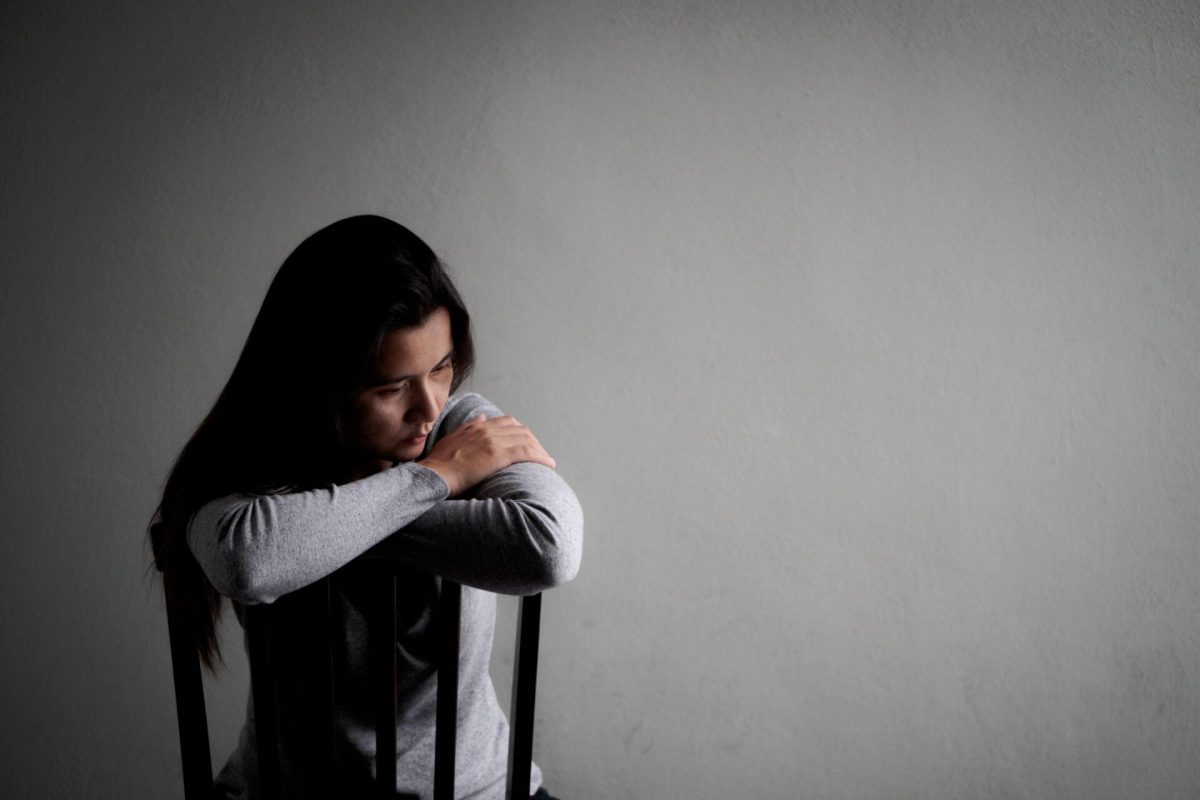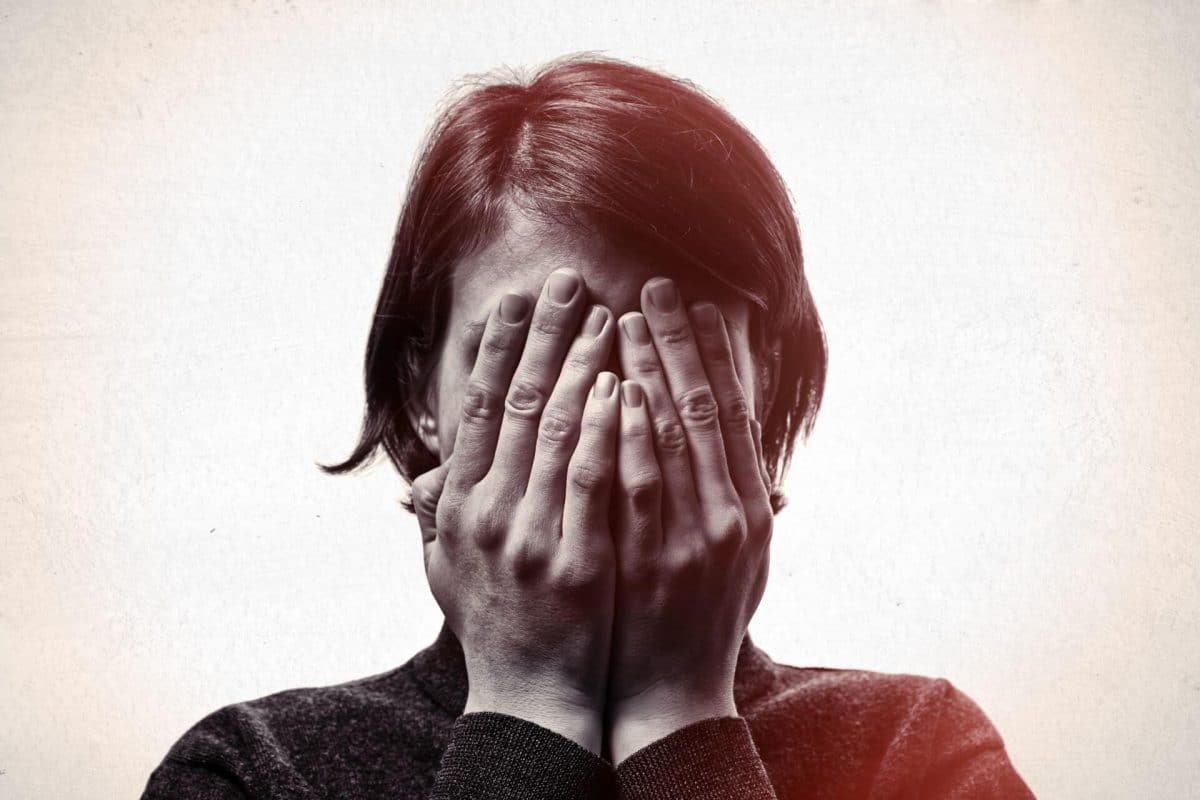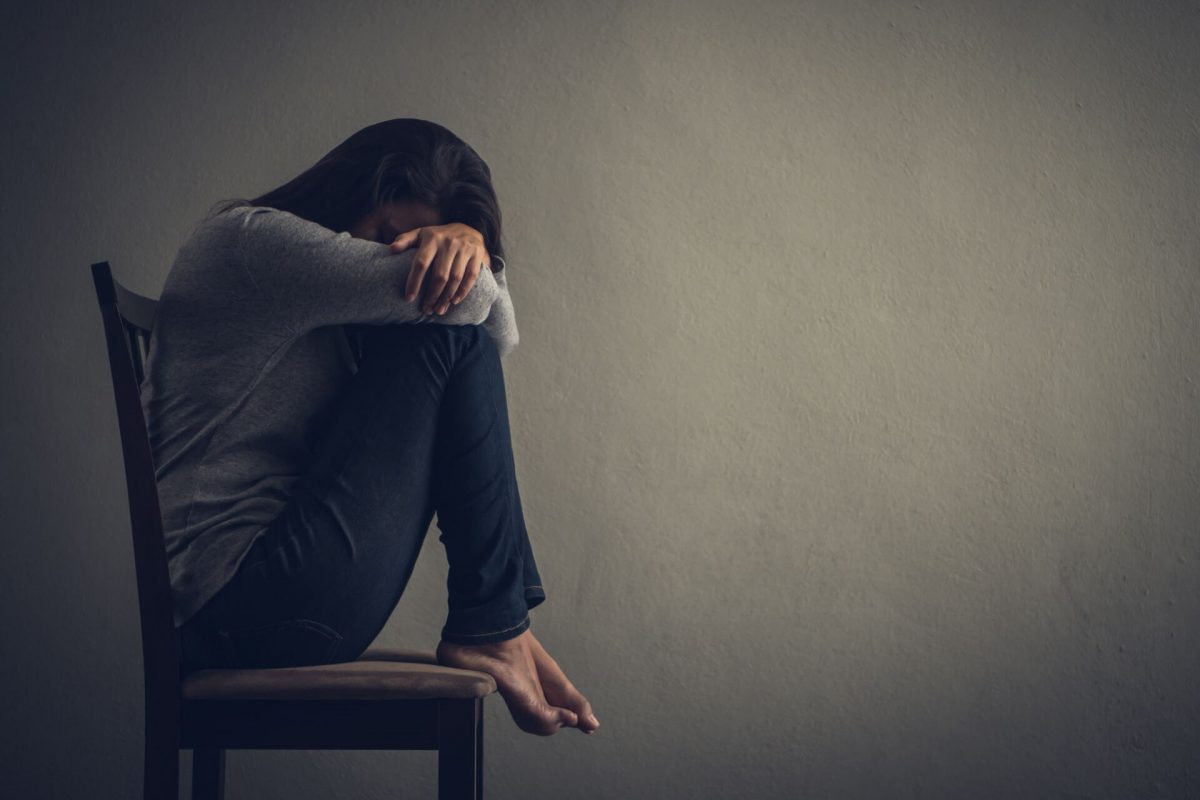Guilt often gets thought to be a helpful emotion, particularly in the dynamics of creating healthy, sustainable relationships with others since the feeling of guilt allows us to recognize any wrongdoing and seek ways to rectify it.
But what does it mean when acceptable guilt levels turn to excessive guilt?
What is guilt?

Emotions such as guilt, pride, shame, or embarrassment are aversive and often correlate to being awkward and self-conscious.
People may experience guilt for several reasons, which may involve a failure to follow through on a promise, acts they may have committed or shared thoughts that get deemed socially and morally wrong.
Excessive guilt
When a person causes upset or harms another person, the resulting emotion is usually guilt. Experts say that feeling guilty is a self-focused act, but it is also highly relevant.
When people feel guilt, it can often be unpleasant.
However, guilt also serves as a valuable, interpersonal function as it drives people to repair essential relationships and dis-spirits anything that could damage or threaten them.
Maladaptive guilt
Psychologists say that while persistent feelings of guilt are not usually a sign of mental illness, they can be.
Chronic guilt, low self-esteem and the propensity to feel shame can be symptoms of underlying mental disorders.
Clinical psychology review
Research suggests that the criteria often used to benchmark mental health issues and guilt involve familiar feelings of ”inappropriate” or ”excessive” guilt, all of which may be symptomatic of bipolar disorder and major depressive disorder.
Guilt and shame

Experts say that guilt may correlate to past mistakes, minor failures or things that originate from outside the person’s control.
Why do people feel guilty when they’ve done nothing wrong?
It is possible for people to feel guilty even though there is no evidence of wrongdoing on their part.
Negative outcomes
Many grievers or victims of natural disasters may experience survivor’s guilt even though they have no control over the circumstances.
Mental disorders such as OCD (Obsessive Compulsive Disorder) may induce inappropriate guilt in sufferers who feel bad for having intrusive thoughts. Thus, guilt is a massive feature of this condition.
Who is at risk of persistent guilt?
Chronic guilt and experiencing various shades of a guilt trip vary from person to person.
Understanding guilt
Guilt proneness depends on variables such as an individual’s personality type, DNA, and past experiences. For example, some people may experience large doses of existential guilt, while such thoughts only trouble others on a small scale.
The inability to feel guilty often gets found in those high in psychopathy and other personality disorders.
Symptoms of guilt
There are several distinct features that people with excessive guilt tend to exhibit, these include:
- Showing signs of anxiety
- Suddenly being ”too nice.”
- An inability to sleep
- Avoidance behaviors such as avoiding other people
- Demonstrating signs of anger and hostility
- Exhibiting poor body language
- Avoiding eye contact
- Loss of appetite
- Appearing nervous and on edge
Managing guilt
Like other mental health conditions, people suffering from negative thoughts such as guilt and shame must learn to cope with their feelings.
Find support
It’s perfectly normal to feel guilty after we have committed an act of wrongdoing, and the ability to recognize when we are at fault and commit to making amends is one of the ways a person can feel less guilty.
For those whose guilt is out of proportion or excessive, all this can be a great deal harder and feeling inadequate or at fault for things outside of their control may warrant further investigation from a professional counsellor or therapist.
Understanding why a person feels guilty

Guilt can manifest in many forms, such as negative thoughts about one’s self-worth through to a decreased sense of self; depression can also result from why a person experiences such harrowing guilt.
Religious traditions
Some religious traditions may also cause a person to feel shame and guilt, particularly when they think they have sinned somehow. Some research suggests that religion is guilt-inducing, as is often portrayed in various sitcoms or comedy acts.
Religious-related guilt can be more pervasive where people experience a deep sense of inferiority or hopelessness brought on by a strict religious upbringing.
Is therapy helpful in treating feelings of guilt?
Broadly, yes, therapy can be an incredibly empowering way to deal with guilt.
Evidence-based support – treatments for mental disorders such as depression and post-traumatic stress disorder often involve excessive guilt and feeling responsible for things outside the individual’s control. Hence treatment gets targeted around those disorders.
Unresolved guilt
Another interesting theory on why some people experience guilt compared to others is that the guilty party is often subject to envy by others.
Research suggests that people with constant feelings of guilt often present in clinics unable to understand the origin of their responsibility, ”I don’t know why, but I just feel guilty” is the common theme.
Cognitive distortions
Psychologists explain that many people feel guilty about their achievements and success, particularly around close friends and family members. Guilt, therefore, is the invisible elephant in the room, a projected feeling of unworthiness from one person to another.
In other words, these cognitive distortions often result in the high achiever experiencing disproportionate feelings of guilt. Nothing terrible happened, no one is to blame, but there is a feeling of shame and tension.
Ways to surf the guilt trip
In situations where a person tries to induce a guilt trip, especially where the guilt-tripper is trying to get a person to act or behave in a certain way, it may be helpful for the recipient of guilt to get curious.
All this may involve responding with empathy. It may also include setting some healthy boundaries and asking the guilt-tripper to be more direct with their needs and what they are hoping to achieve.
Resolving guilty feelings
Guilt is a self-conscious emotion, and the mental and physical symptoms that often play out when someone has a guilt complex can be unpleasant for the sufferer. Therefore they must seek ways to resolve any guilt feelings.
Support groups
Having a positive support group can be incredibly advantageous for those experiencing feelings of guilt and shame. Understanding the real harm that guilt can cause and the underlying cause and effect can also be helpful.
Reaching out
If you or someone you know is experiencing inappropriate guilt or if you resonate with any of the symptoms mentioned above, then perhaps it’s time for you to explore these feelings with a professional in more depth.
Chronic guilt doesn’t have to be a way of life and is often a symptom of a more underlying problem that should get treated. Contact one of our specialists today, who will be able to assist you further.
We’re here to help.
Contact us today if you’d like a confidential and free chat with one of our highly-trained addiction professionals at White River Manor in South Africa.







